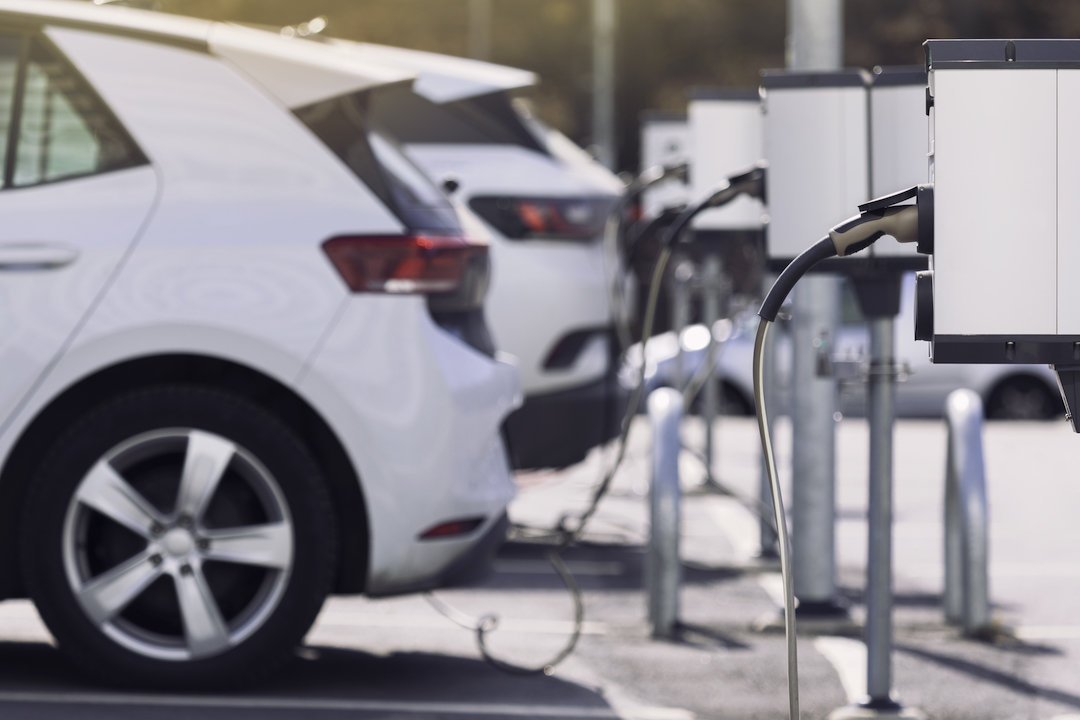It’s the time of year for annual retrospectives. On the energy front, the electric vehicle (EV) was at the top of obsessions for 2022. Claims of an “inevitable” and “accelerating” proliferation of “zero emissions” EVs emboldened policymakers around the world to enact legislation to outright ban cars with internal combustion engines. California, the state with the most cars in America, passed a law banning conventional car sales by 2035, bringing to 12 the number of states with such a ban. The year also saw the European Union make “legislative headway” for a similar EU-wide ban. All told, nearly 60 countries have announced similar bans. All this because of excitement over the emergence of useful EVs. Maybe 2022 should be called the Year of The Ban.
To calibrate, 2022 will end with some 15 million EVs in use. This total excludes the “plug-in” hybrid that still uses the to-be-banned engine. That puts EVs at about 1% of all light-duty vehicles on the roads of the world and America, which means of course that 99% still use internal combustion engines. However, with EVs at 5% of new U.S. car sales, advocates of an “accelerating energy transition” point to California where that share hit 18% in 2022. Enthusiasts claim that technological inevitability, consumer excitement, plus subsidies, will soon lead to a world with 300 to 500 million EVs. If that were to happen, EVs would account for 20% to 30% of all cars, which would reduce global oil use by less than 10% and would have an even smaller reduction in global CO2 emissions, the latter the animating purpose of car bans. Still the subsidies and planned bans cannot be ignored.
Continue reading the entire piece here at RealClearMarkets
______________________
Mark P. Mills is a senior fellow at the Manhattan Institute; a partner in Cottonwood Venture Partners, an energy-tech venture fund.
This piece originally appeared in RealClearMarkets
